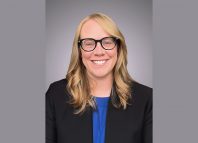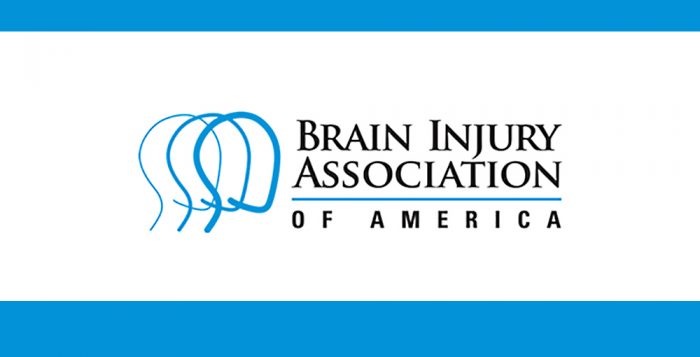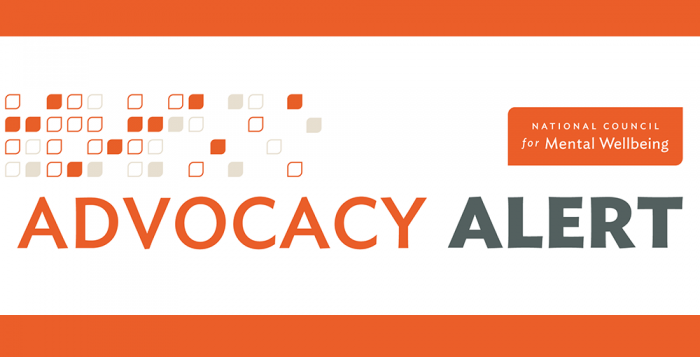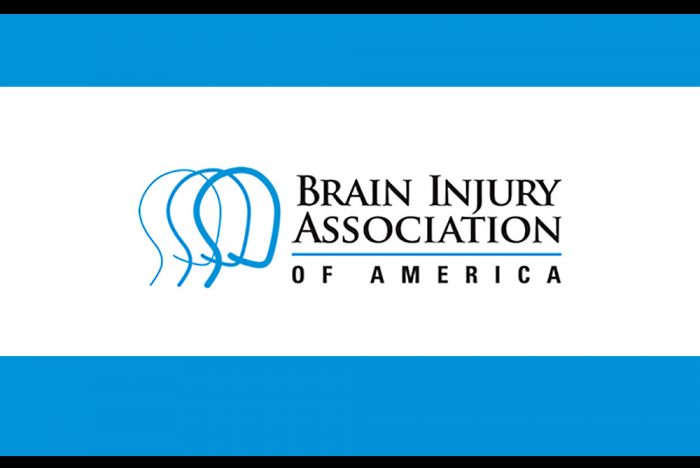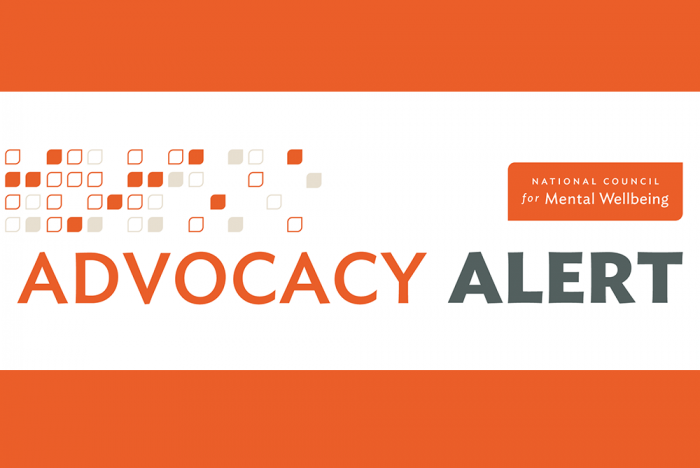Beyond the Cuts: Protecting Behavioral Health in an Era of Policy Change (webinar)
Beyond the Cuts: Protecting Behavioral Health in an Era of Policy Change (webinar)
Presented by Qualifacts, National Council for Mental Wellbeing, and OPEN MINDS
Tuesday, July 22, 2025 | 10:00 AM – 11:00 AM ET
Presenters include Josh Schoeller, CEO of Qualifacts; Chuck Ingoglia, President and CEO of the National Council for Mental Wellbeing; and Monica E. Oss, Founder and CEO of OPEN MINDS.
The behavioral health system is being reshaped at an unprecedented pace. In just weeks, the federal government has terminated over $12 billion in public health grants, dissolved SAMHSA under a sweeping HHS reorganization, and passed legislation that will transform Medicaid through work requirements, cost-sharing, and reduced provider tax caps. These changes are already leading to funding cuts, stalled infrastructure projects, and increased pressure on providers to prepare for reduced support and stricter eligibility. To help organizations navigate this evolving landscape, the National Council for Mental Wellbeing, OPEN MINDS, and Qualifacts are joining forces for a timely webinar. The session will focus on how behavioral health leaders can adapt service models, protect financial stability, and continue meeting community needs.







